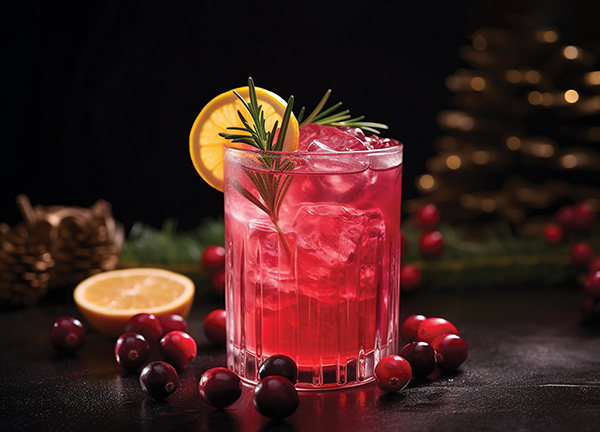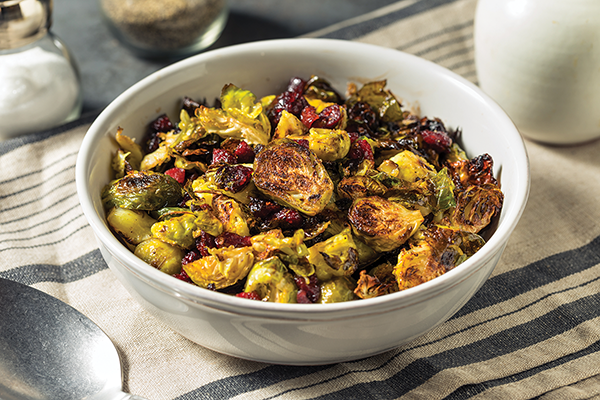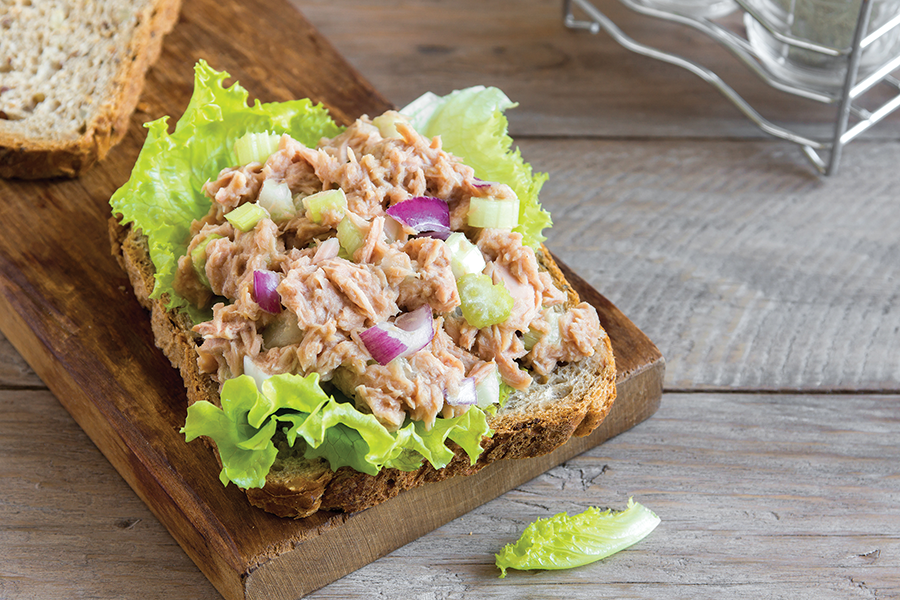You might enjoy outdoor activities and staying active in cold weather doing things like hiking, running, skiing, or snow shoeing, for example—but be aware of maintaining your body’s ideal ration of water. If you’re out in the cold for hours, the combination of heavy clothing and high- intensity exercise can lead to sweating, which contributes to dehydration. You might not even feel as thirsty in cold weather as in the heat, because your cold-weather body chemistry could affect your brain’s ability to tell you when you need liquid. Cold weather also tends to move body fluids from your extremities to your core, increasing your urine output and adding to dehydration. So when you’re in a cold climate, don’t rely on thirst to tell you when you need to drink. Drink often and before you’re thirsty. One way to determine your hydration status is to check the color and volume of your urine. (Snow makes a good test spot.) Dark, scanty urine indicates dehydration. Ideally, urine should be light yellow. Water and sports drinks are the best fluids to maintain hydration, even in cold weather conditions. Carbonated and caffeinated beverages (including energy drinks) have a dehydrating effect because they increase urine flow. Also avoid consuming alcohol when out in cold weather. It might make you feel warm initially, but it can reduce your body’s ability to retain heat. Enjoy exercising in the cold weather, but be sure to keep your water bottle in tow.
Source: Human Performance Resource Center. http://hprc-online.org





